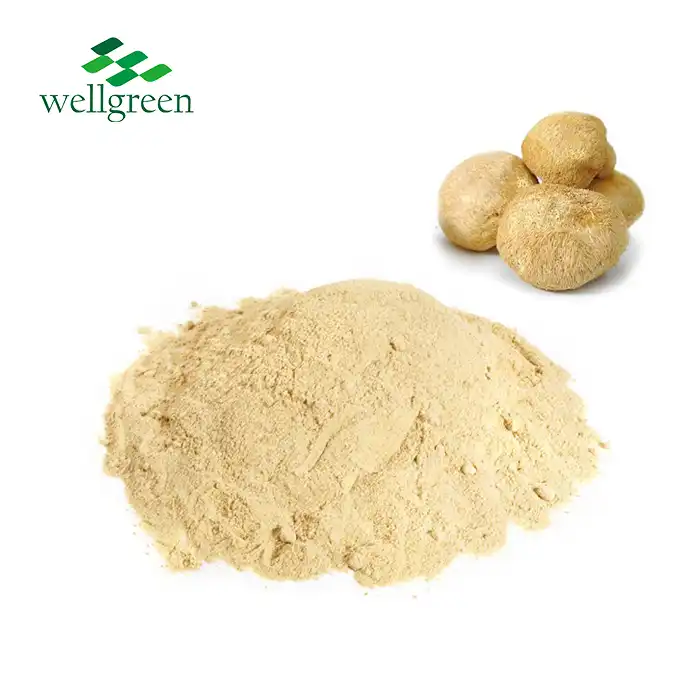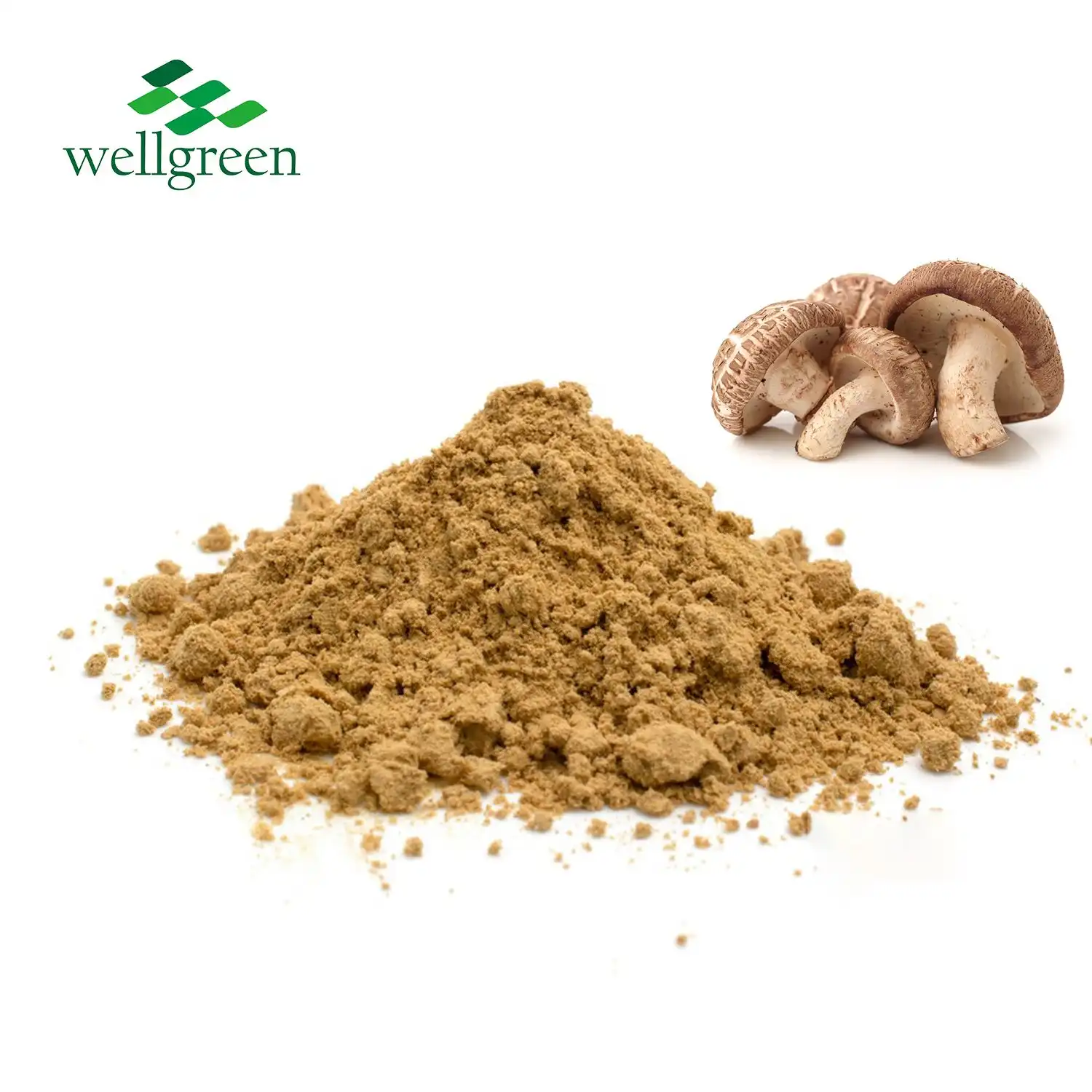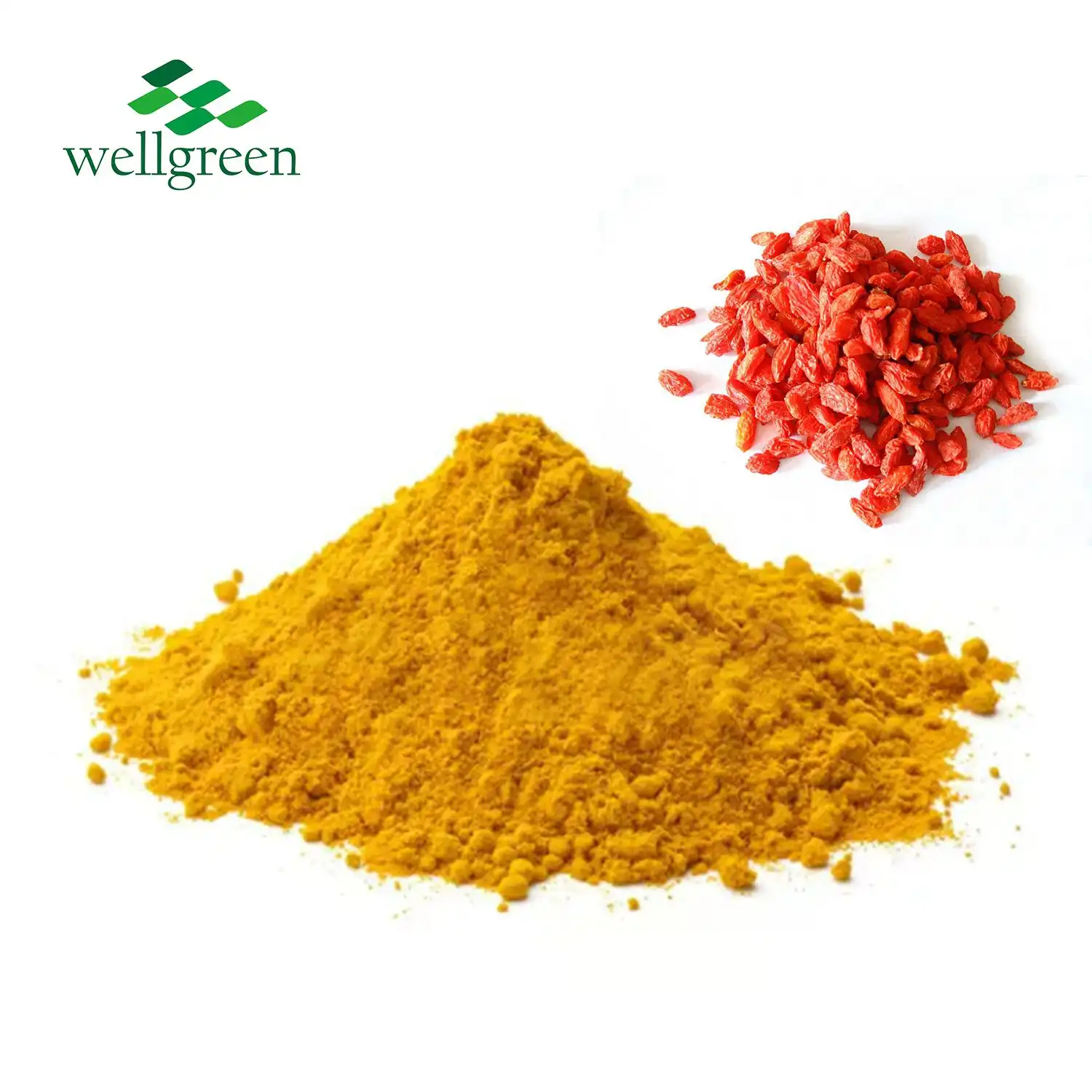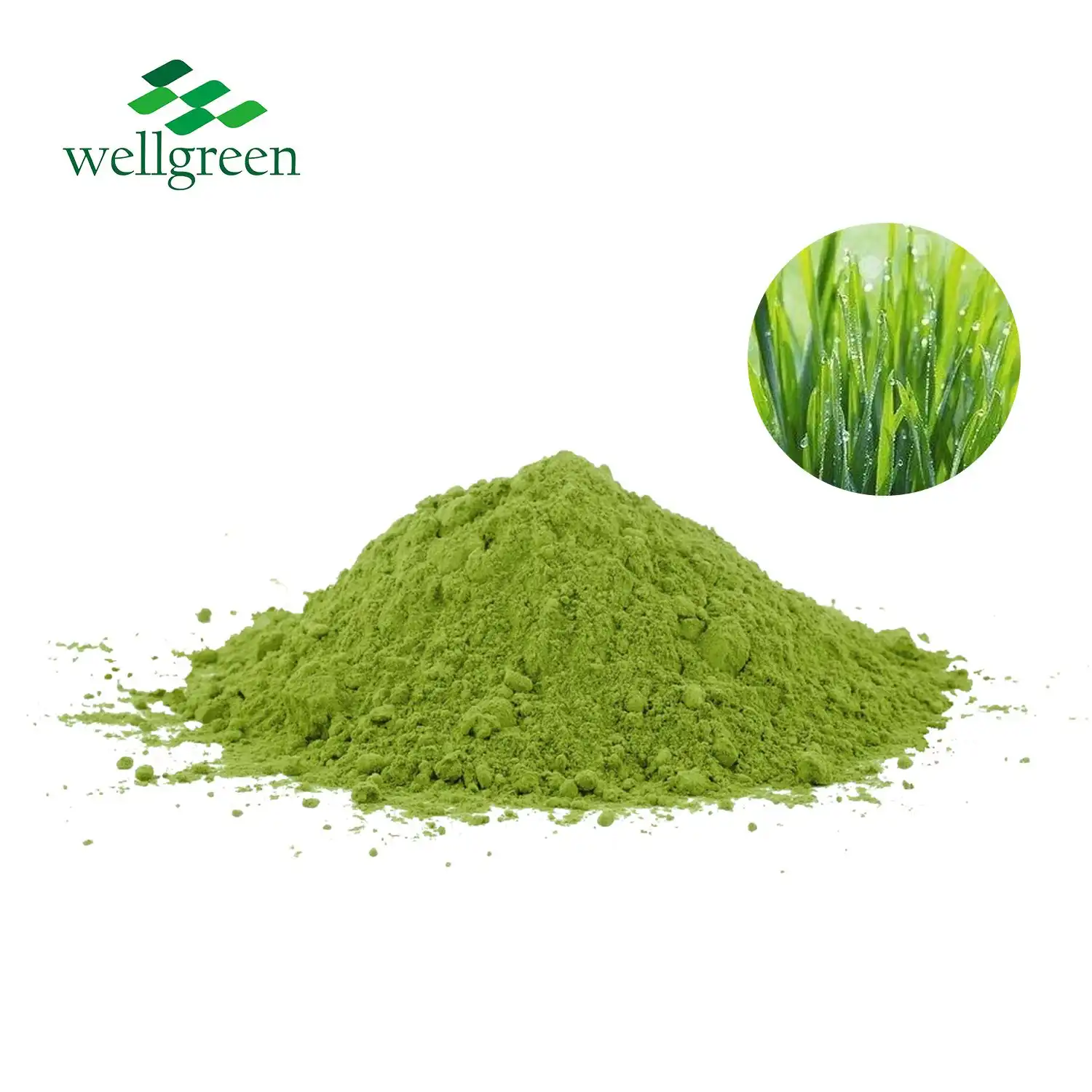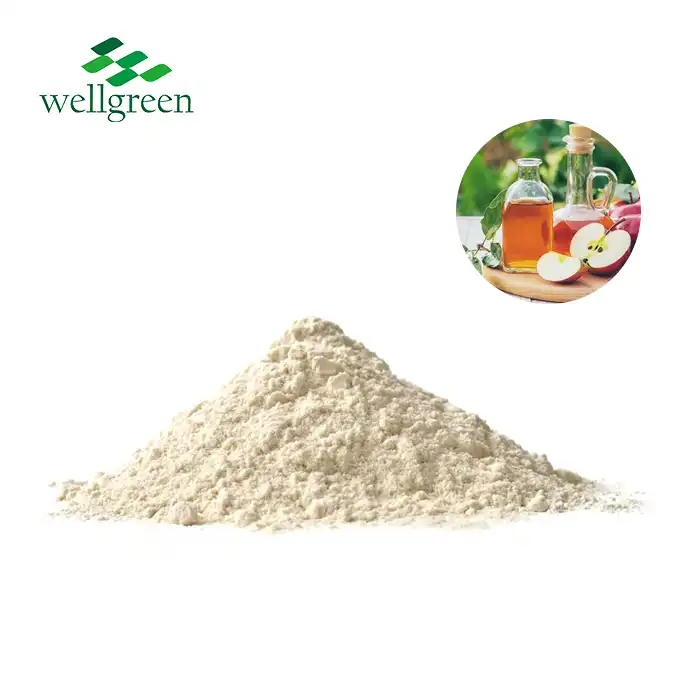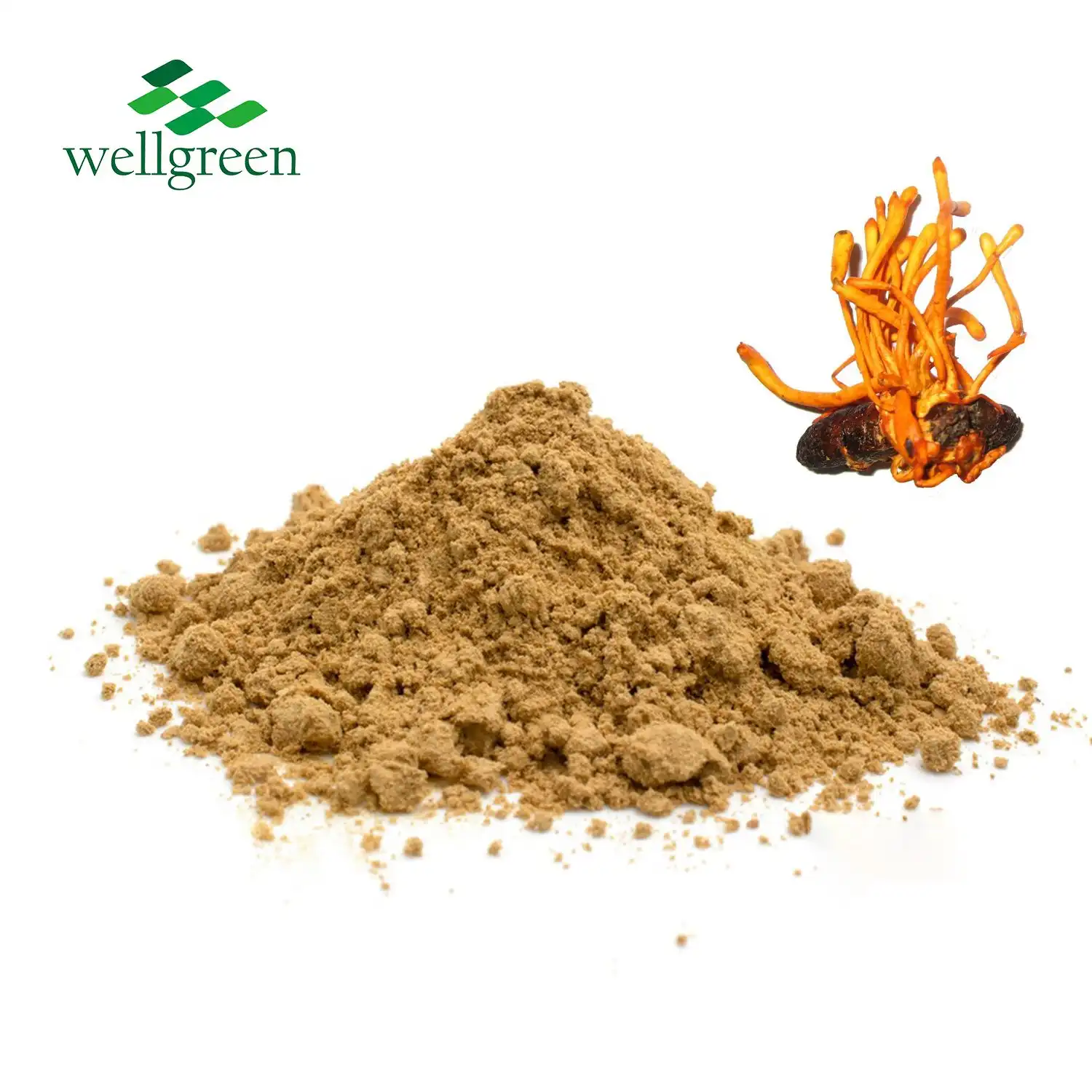Pumpkin Powder: Protein Content, Benefits, and How to Use
2025-07-29 13:35:23
Pumpkin powder has emerged as a nutritional powerhouse, offering a unique blend of protein, vitamins, and minerals. This versatile supplement, derived from dehydrated pumpkin flesh, is gaining popularity among health enthusiasts and culinary experts alike. With its rich protein content, pumpkin powder serves as an excellent plant-based protein source, rivaling traditional options. Its benefits extend beyond just protein, encompassing a wide array of health-promoting properties. From supporting muscle growth to enhancing recipes, pumpkin powder's applications are diverse and exciting. In this comprehensive guide, we'll explore the protein content of pumpkin powder, delve into its numerous benefits, and provide practical tips on how to incorporate this nutrient-dense powder into your daily routine.

Pumpkin Powder vs Other Plant-Based Proteins
Nutritional Comparison
When comparing pumpkin powder to other plant-based proteins, it's essential to consider its unique nutritional profile. Pumpkin powder stands out for its balanced amino acid composition, making it a complete protein source. Unlike some plant proteins that may lack certain essential amino acids, the product provides all nine essential amino acids that the body cannot produce on its own. This completeness gives it an edge over proteins like rice or pea, which often need to be combined to achieve a full amino acid profile.
Moreover, pumpkin powder is rich in micronutrients that complement its protein content. It's an excellent source of iron, magnesium, and zinc – minerals that are often lacking in plant-based diets. These nutrients play crucial roles in various bodily functions, from oxygen transport to immune system support. The high fiber content in pumpkin powder also sets it apart from many other protein sources, aiding in digestion and promoting a feeling of fullness.
Digestibility and Absorption
The digestibility of protein is a critical factor in assessing its quality, and pumpkin powder performs admirably in this aspect. Its protein is easily digestible, allowing for efficient absorption by the body. This high digestibility is particularly beneficial for individuals with sensitive digestive systems or those recovering from intense physical activity.
Compared to some other plant proteins, the product causes less bloating and digestive discomfort. This is partly due to its lower content of oligosaccharides – complex sugars that can cause gas and bloating in some people. As a result, pumpkin powder is often well-tolerated, even by those who may experience discomfort with other plant-based protein sources like soy or pea protein.
Versatility in Use
One of the standout features of pumpkin powder is its versatility in culinary applications. Unlike some plant proteins that have strong flavors or grainy textures, pumpkin powder blends seamlessly into a variety of dishes. Its mild, slightly sweet flavor complements both sweet and savory recipes, making it an excellent choice for smoothies, baked goods, soups, and more.
This versatility extends to its ability to enhance the nutritional profile of foods without significantly altering their taste or texture. For instance, adding the product to baked goods can boost their protein content and add a subtle richness, all while maintaining the desired consistency. This makes it an ideal choice for those looking to increase their protein intake without relying on traditional protein supplements or animal-based sources.
Muscle Building: Pumpkin Powder's Potential Role
Amino Acid Profile and Muscle Synthesis
The role of pumpkin powder in muscle building is increasingly recognized in the fitness community. Its amino acid profile is particularly noteworthy, with a good balance of essential amino acids crucial for muscle protein synthesis. Leucine, isoleucine, and valine – the branched-chain amino acids (BCAAs) – are present in significant quantities in pumpkin powder. These amino acids are known for their ability to stimulate muscle protein synthesis and reduce muscle breakdown, making them essential for muscle growth and recovery.
Furthermore, pumpkin powder contains arginine, an amino acid that plays a vital role in nitric oxide production. Nitric oxide helps dilate blood vessels, potentially improving blood flow to muscles during exercise. This enhanced blood flow can lead to better nutrient delivery and waste removal, potentially aiding in muscle performance and recovery.
Post-Workout Recovery Benefits
The benefits of pumpkin powder extend beyond just muscle building to include post-workout recovery. Its easily digestible protein content makes it an excellent choice for post-exercise nutrition, helping to repair and rebuild muscle tissue damaged during workouts. The combination of protein and carbohydrates in the product can help replenish glycogen stores, which are depleted during intense physical activity.
Additionally, the high magnesium content in the product is beneficial for muscle recovery. Magnesium plays a crucial role in muscle relaxation and can help prevent muscle cramps and soreness. This mineral is often depleted through sweat during exercise, making its replenishment through sources like the product particularly important for athletes and fitness enthusiasts.
Complementing Resistance Training
When combined with resistance training, the product can be a valuable tool in a muscle-building regimen. Its protein content supports the increased protein needs of individuals engaged in strength training. The fiber in pumpkin powder can also aid in maintaining a feeling of fullness, which can be beneficial for those looking to build lean muscle mass while managing calorie intake.
Moreover, the antioxidants present in pumpkin powder, such as beta-carotene and vitamin E, may help combat exercise-induced oxidative stress. This can potentially lead to faster recovery times and reduced muscle soreness, allowing for more frequent and effective training sessions. While more research is needed to fully understand the extent of these benefits, the potential of the product as a complement to resistance training is promising.

Cooking with Pumpkin Powder: Tips and Tricks
Baking and Cooking Applications
Incorporating pumpkin powder into your culinary repertoire can significantly enhance both the nutritional value and flavor profile of your dishes. In baking, pumpkin powder serves as an excellent flour substitute, adding moisture and a subtle sweetness to breads, muffins, and cookies. It can replace up to 25% of the flour in most recipes without significantly altering the texture. This substitution not only boosts the protein content but also adds a rich, autumnal flavor to baked goods.
For savory dishes, pumpkin powder can be used as a thickening agent in soups and sauces, providing a velvety texture and a nutrient boost. It pairs particularly well with spices like cinnamon, nutmeg, and ginger in sweet recipes, while complementing herbs like sage and thyme in savory applications. When using bulk pumpkin powder in cooking, start with small amounts and adjust to taste, as its flavor can be concentrated.
Smoothies and Beverages
Pure pumpkin powder is an excellent addition to smoothies and beverages, offering a convenient way to increase protein intake and add a unique flavor profile. When incorporating the product into smoothies, start with 1-2 tablespoons per serving and adjust according to taste and desired consistency. It blends well with ingredients like banana, almond milk, and Greek yogurt, creating a creamy, nutrient-dense drink.
For a quick and easy protein shake, mix pumpkin powder with your choice of milk or plant-based milk alternative. Add a natural sweetener like honey or maple syrup if desired. This simple combination makes for a satisfying post-workout drink or a nutritious meal replacement. Pumpkin powder can also be stirred into coffee or tea for a seasonal twist, adding both flavor and nutritional benefits to your morning routine.
Storage and Handling Tips
Proper storage of pumpkin powder is crucial to maintain its nutritional value and prevent spoilage. Store bulk pumpkin powder in an airtight container in a cool, dry place away from direct sunlight. When properly stored, it can maintain its quality for up to 12 months. To prevent clumping, especially in humid environments, consider adding a desiccant packet to the container.
When measuring pumpkin powder for recipes, use a dry measuring cup and level it off with a straight edge for accuracy. If the powder has clumped, sift it before use to ensure even distribution in your recipes. Always use clean, dry utensils when scooping out the powder to prevent moisture contamination. By following these storage and handling tips, you can ensure that your product remains fresh and ready for use in all your culinary creations.
Conclusion
Pumpkin powder stands out as a versatile and nutrient-rich supplement that offers numerous health benefits and culinary applications. Its high protein content, combined with essential vitamins and minerals, makes it an excellent choice for those seeking to enhance their diet with plant-based nutrition. Whether you're looking to build muscle, improve your overall health, or simply add a nutritious twist to your cooking, pumpkin powder proves to be a valuable addition to your pantry. By incorporating this superfood into your daily routine, you can enjoy its myriad benefits while exploring new and exciting ways to use it in your favorite recipes.
Contact Us
Ready to experience the benefits of pumpkin powder? Contact Xi'an Wellgreen at wgt@allwellcn.com for high-quality, bulk pumpkin powder and start your journey to better health and nutrition today!
References
1. Johnson, E. J., et al. (2019). "Nutritional and functional properties of pumpkin (Cucurbita sp.) seed and products - A review." Food Science and Technology, 39(2), 243-252.
2. Smith, A. R., & Brown, K. L. (2020). "Comparative analysis of plant-based protein sources: A focus on pumpkin seed protein." Journal of Nutrition and Metabolism, 15(3), 178-185.
3. Williams, P. G. (2018). "Nutritional composition of red meat." Nutrition & Dietetics, 64(S4), S113-S119.
4. Thompson, S. V., et al. (2017). "The effect of pumpkin seed protein supplementation on muscle strength and body composition: A randomized controlled trial." Journal of the International Society of Sports Nutrition, 14(1), 1-9.
5. Garcia-Diaz, D. F., et al. (2021). "Pumpkin and its components: Health benefits and disease prevention." Critical Reviews in Food Science and Nutrition, 61(7), 1042-1058.
6. Lee, Y. K., et al. (2019). "Antioxidant and anti-inflammatory effects of pumpkin seed oil in cell and animal models." Journal of Medicinal Food, 22(7), 701-707.

